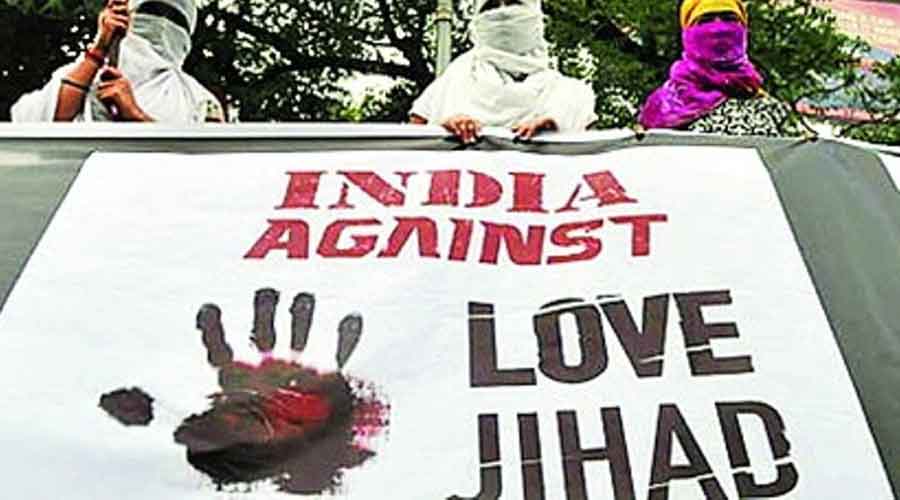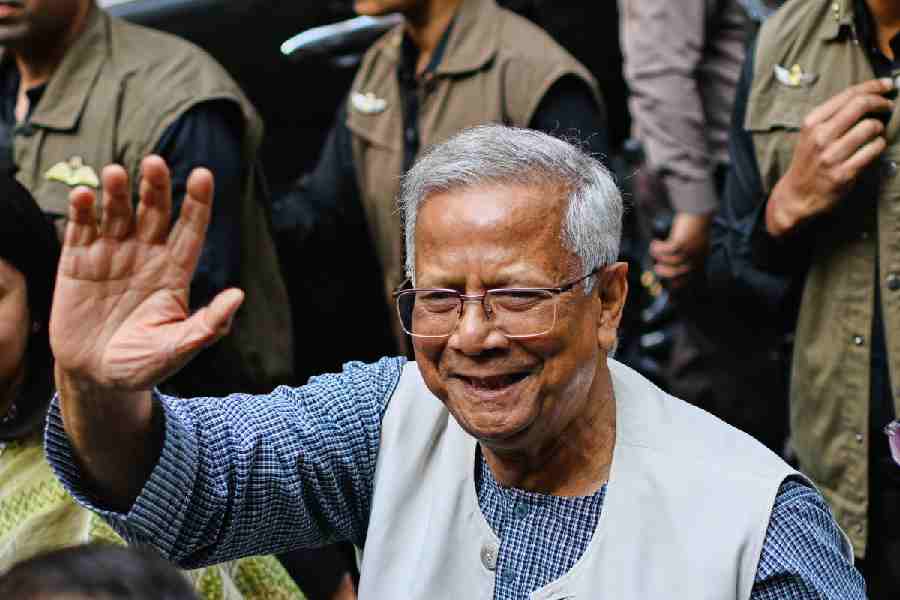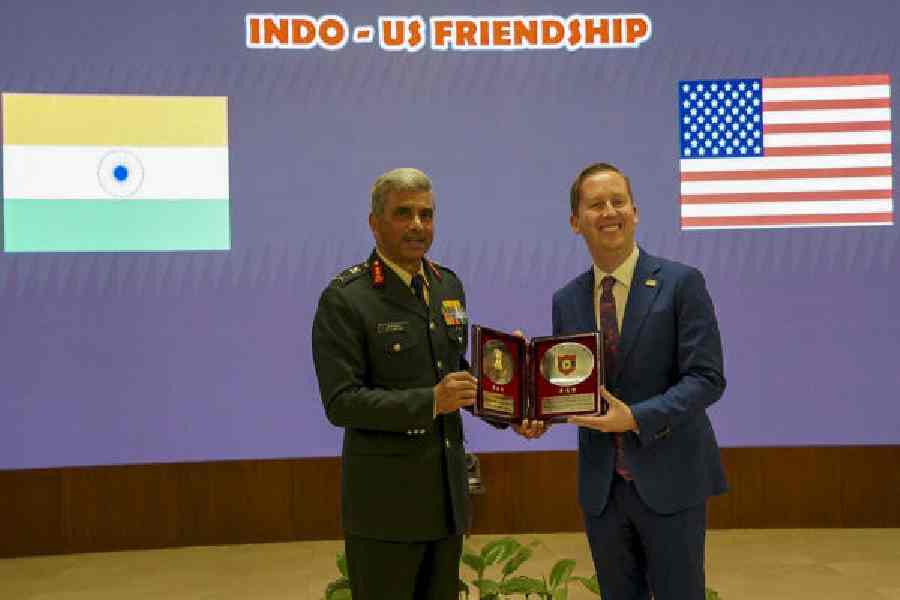A law is the codified expression of dominant social values. Or of the prohibitions they imply. The determination with which the chief minister of Uttar Pradesh, Yogi Adityanath, pushed through the ordinance outlawing religious conversion undertaken solely for the purpose of marriage sprang perhaps from a desire to lead by following the followers. The chief minister’s own penchant for discrimination flows into and feeds on the same cultural propensity of the state he governs. The Uttar Pradesh Prohibition of Unlawful Conversion of Religion Ordinance, 2020 violates the constitutional right to practise any religion and the right to privacy and personal autonomy interpreted as a fundamental right by the Supreme Court in 2017. “Unlawful” conversion assumes the State’s right to judge whether anyone has been forced to change religions. The religious bias that the UP government takes no pains to conceal ensures that the ordinance is applied only in cases of Hindu women marrying or having a relationship with men from the largest minority community. Projecting such relationships as part of a plot by this community to change India’s demography establishes a foundational myth that becomes an alibi for the aggression of the dominant sections of UP society. The ordinance takes the myth as its premise and formalizes unconstitutional action based on community and gender hatred.
Most important, it legitimizes the intervention of families, relatives and neighbours into interfaith relationships and marriages. They willingly turn into useful representatives of the State, especially when a romance is about to flower. At a later stage, just before marriage or just after it, there are the police who can act on parents’ complaints, or temples and registration offices, where officials act as informants. It is not even necessary to report to the administration; alerting a Hindutva organization is enough for the State to leap into action. These organizations take great pride in counting and declaring the number of ‘love-jihad’ unions they have destroyed. The entire state of UP has gradually turned into an enormous surveillance network, with its skeins running through the narrowest alleys. Social media, too, are attuned to the same purpose — of spying and informing. The informer syndrome demonstrates how the nurturing of distrust for one community can become an internally divisive weapon for the other. Hatred does not obey boundaries.










